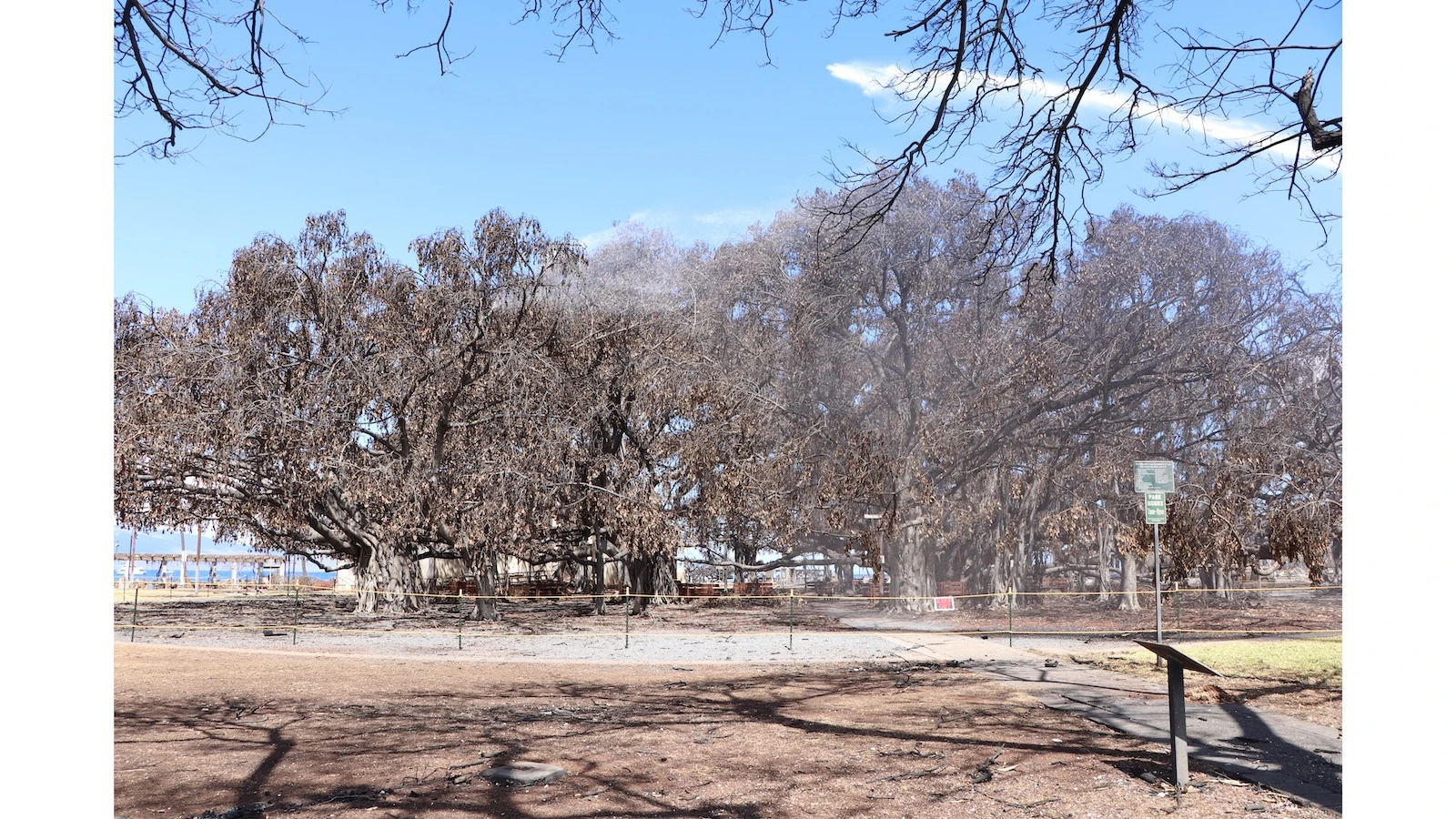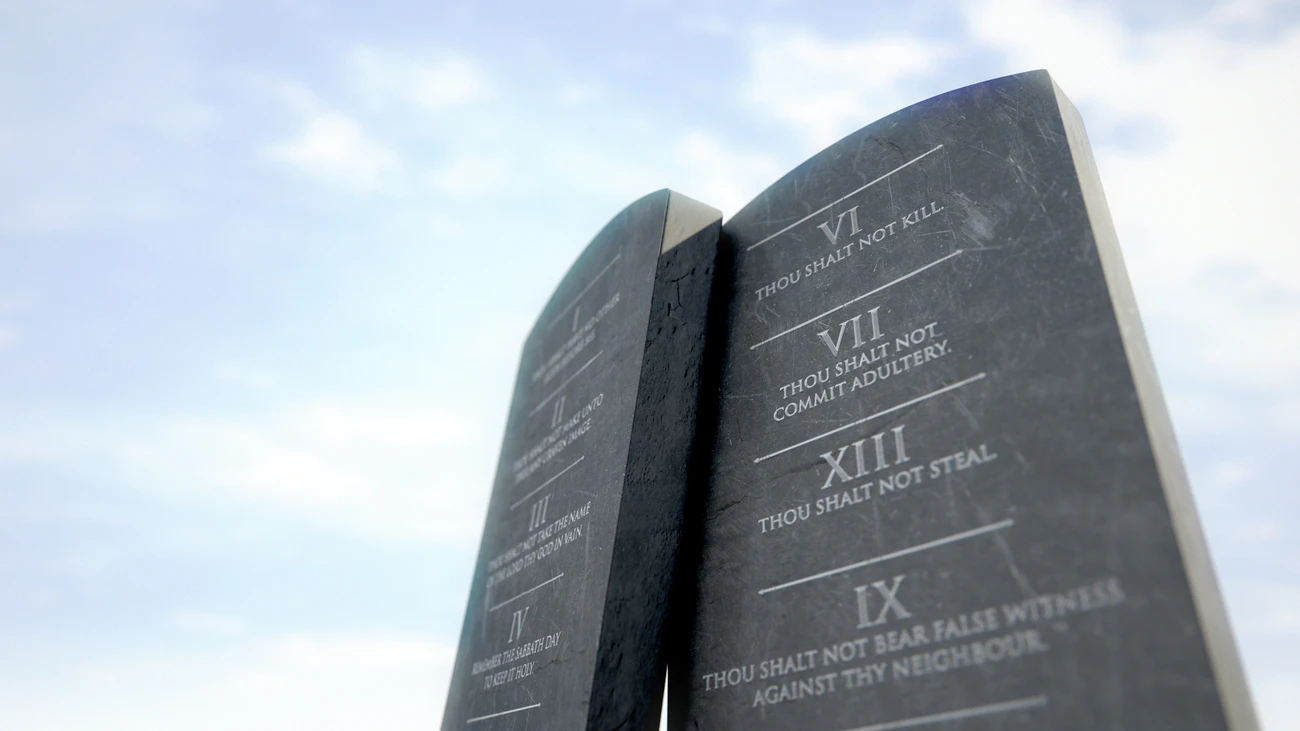My Lahaina childhood was shaped by a tight-knit community that taught me empathy and respect. I grew up spending nights on Front Street eating chocolate ice cream and walking along the docks of Lahaina Harbor looking for fish, specifically convict tangs (although I called them ‘tiger fishies’).
From my Lahaina upbringing, I also learned the value of judging people by their actions, not their words. Through action, Maui’s community uplifts people who need help. But our community is not impervious. It’s vulnerable to a lack of affordable housing. This forces locals to leave the island, including my own friends and family.
Maui County’s obsolete zoning code is making life difficult for our community. Known also as Title 19, it was first enacted in 1960. We need to embrace a new zoning code that meets Maui’s needs. We don’t live in 1960. We live in 2025.
During then-Mayor Alan Arakawa’s final term, the County of Maui initiated a comprehensive overhaul of Title 19. Since 2017, mayors have come and gone. Title 19, meanwhile, remains a web of vague and outdated language. The Planning Department has adapted in response to setbacks in its Title 19 rewrite, such as the COVID-19 pandemic, the 2023 wildfires, and understaffing issues. Instead of completely overhauling the code, their goal is to create a revised version of Title 19.
The conventional wisdom is that bureaucracy is responsible for Maui’s notoriously slow permit-granting process, but Title 19 is significant, too. The crux of the rewrite project is to modernize the code and eliminate redundancies.
Building affordable housing in Maui takes 10 years, on average. Most of this time isn’t spent constructing homes, however. Instead, developers are often caught in an onerous timeline of judicial processes and political pressure. Simplifying Title 19 will expedite the permit application process. Shorter plan timelines for developers could significantly increase housing production.
Title 19 is a microcosm of the internal stasis facing Maui County. One issue is a culture of ‘whataboutism.’ When someone brings a salient issue to light, it gets bombarded with trivial concerns and stagnates in the legislative pipeline.
For example, in the wake of the 2023 wildfires, Bill 104 was proposed, allowing for the addition of up to 2 kitchenettes per residence. Its premise is simple: some families now share homes with other families due to the housing shortage.
Maintaining distinct living areas by allowing families to have their own kitchenette would be more convenient. However, the bill met pushback. Critics argued that one additional parking space should be required for every kitchenette. The conversation shifted to one about housing density. Fears of the ‘urban jungle of O‘ahu’ began festering. Difficult decisions were not made. The bill stalled.
We need to move beyond the political impasse and secure housing for future generations. The County Council needs to expedite the overhaul of Title 19 to increase the affordable housing supply. It’s not enough to incrementally enact minor changes to the zoning code.
Let’s hold ourselves accountable. Let’s finish the work started in 2017.
Anna Nguyen, Lahaina





